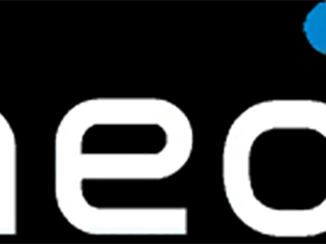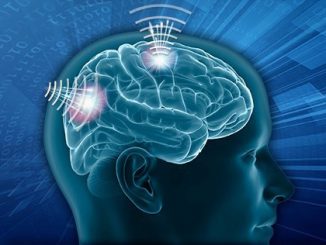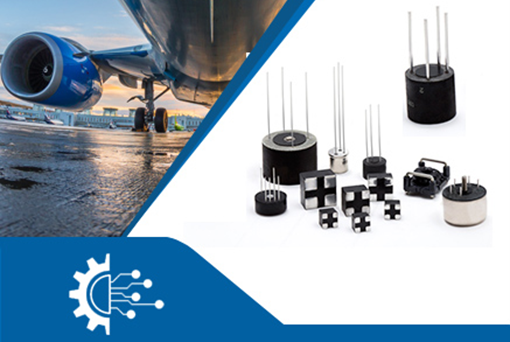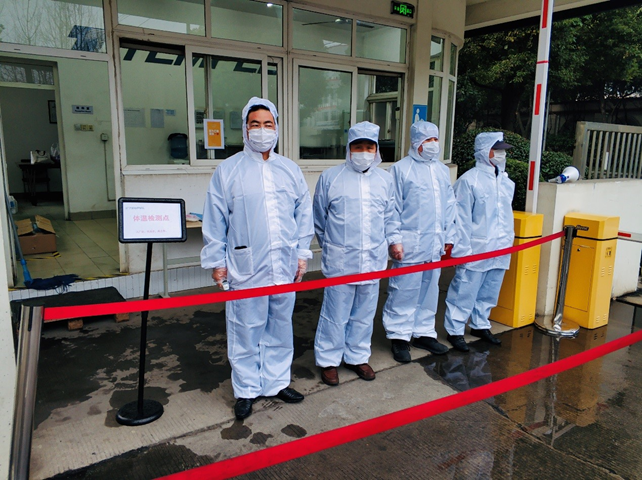
Supply chain disruption and business volatility due to the Covid-19 pandemic continue to impact the magnetics industry and its end-user markets but increasingly there are signs of recovery spreading across the world. Shown above are staff in their new protective suits at Tempel Steel’s plant in Changzhou, China which re-opened in February.
Amidst disruptions of their normal business, many companies have actually had to ramp up their production operations to serve skyrocketing demands from key segments of the medical industry involved in healthcare equipment and diagnostics. Automotive manufacturers are increasingly opening up their plants in geographic waves emanating from China, then the rest of Asia, Europe and next elsewhere in the world.
Meanwhile, the flurry of cancellations of magnetics industry trade show cancellations has mounted unrelentlessly with many replacements of virtual trade fairs being offered while events with future dates farther out on the calendar or located in locales where the pandemic wave is subsiding seek to hold on to their original schedules.
What follows is a potpourri of developments involving the magnetics market, illustrating the diversity of impact. More reports of specific developments can be seen here.
Manufacturing and healthcare
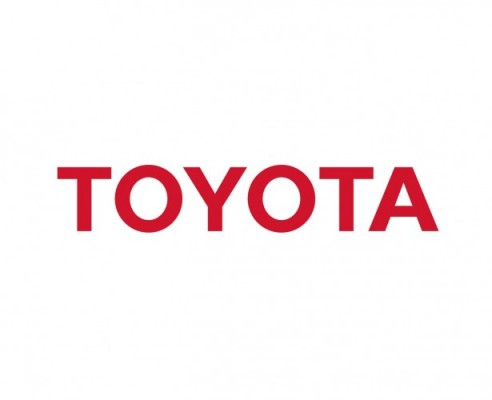
As an example of the resurgence in auto manufacturing, Toyota restarted its last two closed European manufacturing plants on May 25 and 26. The plant in Burnaston, England and its Peugeot-Citroen plant in Kolin, Czech Republic completed the re-openings which earlier had spread across Europe and Russia. Typically, the restarts have been on reduced volumes initially, all of the actions temporarily dampening demand for components and materials involving magnets and electrical steel.
Tempel Steel Company, a maker of electrical and other steels, reports that it has remained 100% operational in the US as well as other locations. Typical for the steel industry, its plants were quickly deemed essential businesses and allowed to remain fully operational.
“As an essential business, Tempel has implemented numerous responsible work practices to ensure social distancing among our employees and also enhanced facility sanitization procedures to help maintain stable uninterrupted operations,” said Cliff Nastas, CEO. “Our Burlington, Chicago and Monterrey manufacturing facilities, and our California and Pennsylvania distribution warehouses continue to operate on a normal production and shipping schedule. It is our goal to keep all facilities 100% open.”
In China, Tempel acted quickly when the pandemic broke out. On the eve of the Spring Festival, the 2019-nCoV came furiously as confirmed cases were found throughout the country. Under the leadership of James Zhang, general manager of Tempel (Changzhou), the company management quickly established the emergency team and started their emergency plan. On January 27, Zhang sent the first guide file to all staff on epidemic prevention and control “Post-holiday coronavirus control measures”, the first of many steps needed to be taken to re-open. On February 11, work was able to resume at the plant. The photo above shows some of its staff in their new protective outfits.
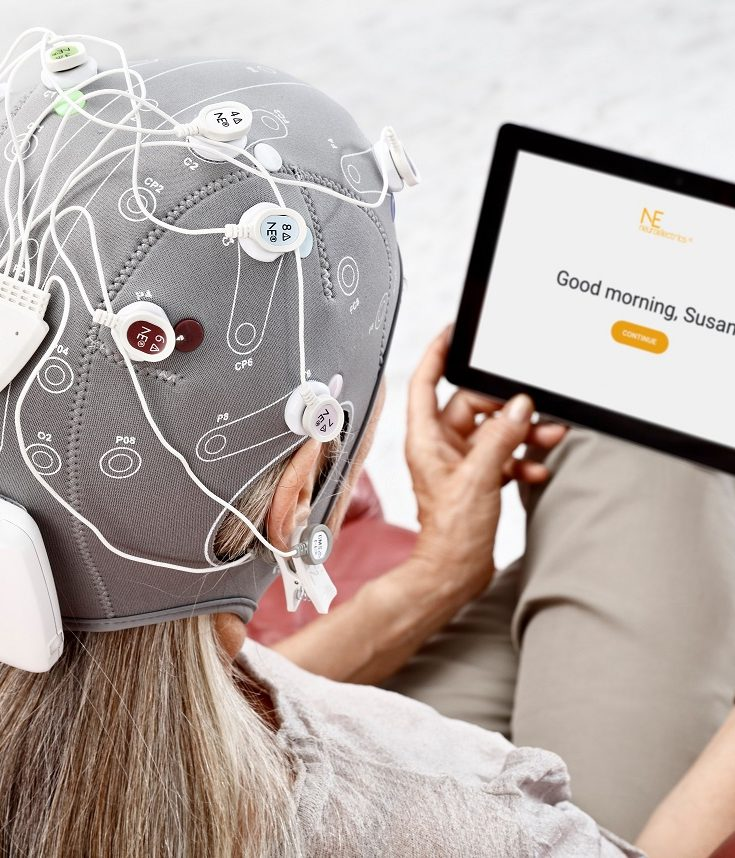
One unusual outcome is that, in an urgent effort to help patients with major depression at home amidst Covid-19 restrictions, Neuroelectrics has received a regulatory green light for the use of its brain stimulation device in a new patient study.
“We are grateful to the FDA for its fast reaction in COVID times, as a company we are ready to take our platform to patients’ home. Now more than ever telemedicine, brain monitoring and brain stimulation at home is needed, especially for older patients who have even more challenges and restrictions to access clinic or hospital settings,” said Ana Maiques, Neuroelectrics CEO.
Based in Cambridge, MA and Barcelona, Neuroelectrics is a pioneering developer of transcranial magnetic stimulation (TMS) devices for neurological treatment. It announced May 15 that that the Food & Drug Administration in the U.S. approved the Investigational Device Exemption supplemental protocol study submitted by Neuroelectrics to help patients with Major Depression Disorder (MDD) that cannot access their current non-invasive brain stimulation treatment due to COVID-19 related restrictions.
COVID-19 pandemic has made evident the urgent need for a safe, effective, home-based intervention for patients suffering from a MDD episode. Transcranial direct current stimulation is under investigation on whether it can provide a suitable solution. Neuroelectrics proposed a telehealth study leveraging its unique home-based system enabling supervised treatment for patients with MDD who cannot access their current treatment due to the pandemic restrictions.
The main purpose of the study is to meet patients’ medical needs providing a home-based transcranial direct-current stimulation intervention to individuals who are suitable candidates but cannot access the therapies due to the COVID-19 pandemic. The study will also allow to assess the efficacy, acceptability and treatment compliance of Neuroelectrics’ home-based system.
Principal Investigators for the study will be Alvaro Pascual-Leone, MD, PhD, Professor of Neurology, Harvard Medical School; Senior Scientist, Hinda and Arthur Marcus Institute for Aging Research, Hebrew SeniorLife.
Events – See Events Calendar for more details
The 65th Annual Conference on Magnetism & Magnetic Materials (MMM 2020) will be held in a virtual form. The ongoing COVID-19 pandemic, with its associated uncertainty about international travel and the ability to gather in large groups, means that the Steering Committee has decided to cancel the face-to-face meeting that was due to be held in Palm Beach, FL on November 2-6, 2020.
SpaceTech Expo USA for this year has been cancelled as an in-person event and gone virtual. The Long Beach Convention & Entertainment Center cancelled all mass gathering events, up to and including September 2020, triggering the change. The next edition will now take place May 2021. In late May, the producer announced the launch of Space Tech Expo Connect, a brand-new digital event brand that will take place August 2020.
ITEC North America and its sponsors, IEEE PELS, IEEE IAS, and IEEE PES cancelled their in-person conference event originally scheduled for June 24-26, in Chicago. Planning is underway to hold a virtual conference experience in the near future.
The 2020 AACC Annual Scientific Meeting & Clinical Lab Expo, an important event for the biomagnetic separations community that was originally scheduled for July, has been rescheduled to December 13-17, 2020 at McCormick Place in Chicago.
Due to the increasing spread of Covid-19 in Europe and German government guidelines to prohibit major events until the end of August, PCIM Europe had to cancel its event plans in Nuremberg for late July. Instead, it will hold a virtual version on July 7-8. The next PCIM Europe 2021 will take place as planned on May 4-6, 2021 in Nuremberg.

